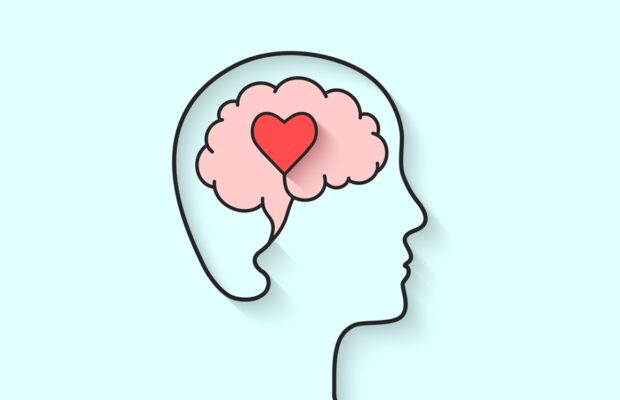With increase in mental struggles during COVID, these five emotional strategies key for recovering mental health

During times of crisis, the spirit and determination of the people of the crisis are some of the most powerful aspects to initiate a successful recovery. Although, when the spirit and determination of people in crisis is tainted due to hopelessness, depression and other mentally-degrading emotions, it can be extremely difficult to get to that successful recovery.
During the COVID-19 pandemic, those mentally-degrading emotions are affecting many people and are leading to a skyrocketing of mental instability. According to the KFF, a medical organization, 56 percent of young adults 18-24 years of age in the United States have reported depressive and anxiety-produced symptoms to medical facilities in the United States, and, according to the CDC, 25.5 percent of adults who report depressive and anxiety-produced symptoms have had, over the course of the COVID-19 pandemic, suicidal tendencies.
To prevent these types of thoughts, there are emotional ways to stay healthy. There are five recommended fields of emotional health that people should focus on to stay mentally stable: communicating emotions in a successful and positive way, developing positive mindset questions, using mindfulness before taking action based on contradicting emotions, trusting oneself to feel emotions and being open to others and their own emotions.
First, communicating emotions in a successful and positive way. This is one of the most difficult emotional ways to process and initiate but is also one of the most helpful ways to work toward an improved mental state. Communicating emotions can be accomplished by talking to a trusted friend or family member about how you truly feel and not how you want to appear to feel. This may be a difficult process, although those who go through with communicating emotions get beneficial results to their emotional health.
Second, developing positive mindset questions. It may sound repetitive, although by repeating positive-spun questions within your mind, you can develop an unconscious routine to block out negative thoughts. For example, ask a mental question when something happens within the day. “It’s raining.” Then ask, “Is this really the defining moment of the day? Is there any control over the weather?”
Third, use mindfulness before taking action based on contradicting emotions. As explained in “Coping Mentally During Times Of Crisis,” everyone has mental “filters” or perspectives on different aspects of life. Using productive “filters” can change someone’s entire day. It all comes down to identifying the negative filters and mentally changing these “filters.”
But something else that can be done to maintain perspectives emotionally is realizing these perspectives before going through with a possibly unhelpful action. For example, instead of resorting to anger within a situation, one can simply realize (after mental practice) to resist the temptations of lashing outward with those emotions.
Fourth, trust oneself to feel emotions. It’s simple. People have the right to feel how they want to feel, and feeling negative emotions is OK. Just don’t let them control and weigh upon the mind. Realize that emotions are real to people and not just compulsions of the brain. By letting out emotions in a healthy way, one is releasing potential emotional outbursts that could hurt others in the future.
Last, being open to others and their own emotions. As the last concept mentioned, everyone has real emotions, and everyone has things that weigh them down and hurt them. By respecting others and their emotions, one is helping others, which can make them feel good and the person that they are respecting.
Overall, by maintaining and improving communicating emotions in a successful and positive way, developing positive mindset questions, using mindfulness before taking action based on contradicting emotions, trusting oneself to feel emotions and being open to others and their own emotions, mental instability should not be resolved, but somewhat improved because one can’t simply get rid of or resolve mental distress. One must cope and live with it in a healthy way.









You must be logged in to post a comment Login